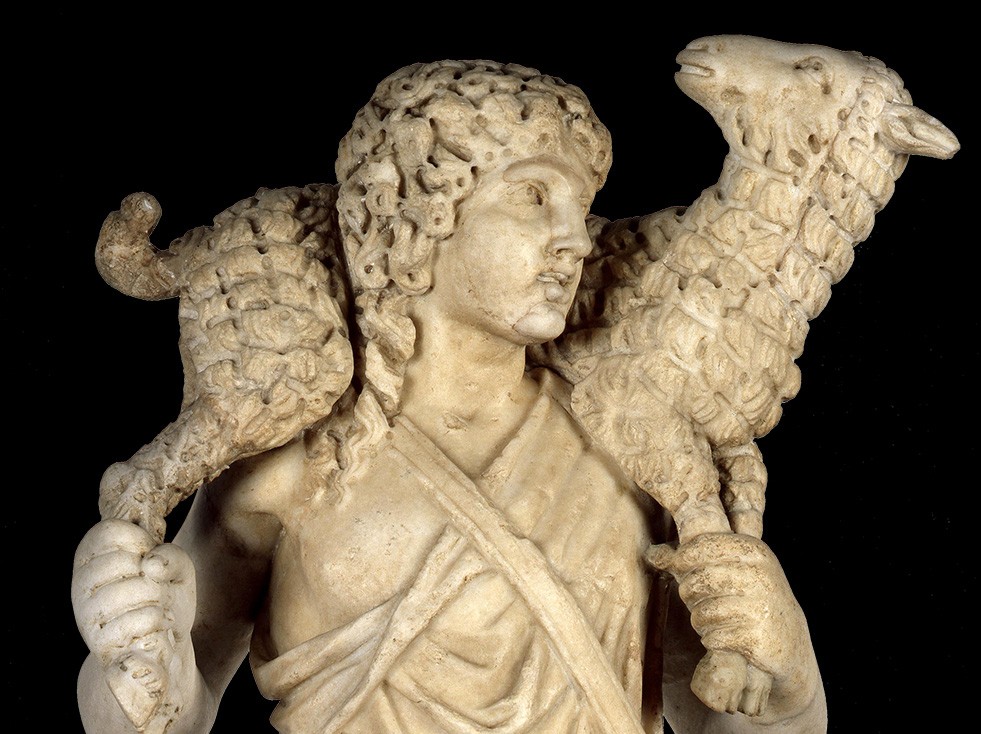+JMJ+
Dear friends,
Somehow, and very much without my acquiescence, the summer is winding down and "fall" - busy with activity - is upon us again. But, at least for me, and I know for many of you as well, the summer itself has been busy with activity. But here we are - our children return to school on Monday and door is closed on summer.
But of course, all those "school year" activities are themselves, I hope, fun and enriching. And in that regard, you will shortly receive notice of our "Wednesday School" offerings and calendar. But for now, please note that on Wednesday, September 12, we will have our "safe environment" workshops for both parents and children (you will receive more information about that well beforehand), and the adult class and children's catechesis will begin the following week, on September 19.
Having said that, and with that "safe environment" note still ringing, I can't help but turn once again to Jeremiah, the weeping prophet: "The harvest is past, the summer is over, and we are not saved." This melancholy summing up comes to mind with the abuse scandals that once again wrack the Church. This is just to let you know that I will be speaking about the latest revelations of abuse in the homily this Sunday. It will be entirely G-rated, and of course I want to shine the redeeming - and purifying - light of the Gospel on the entire matter. In the meantime, I hope that you will keep yourself informed and pray, pray, pray:
O GRACIOUS Father, we humbly beseech thee for thy holy Catholic Church; that thou wouldest be pleased to fill it with all truth, in all peace. Where it is corrupt, purify it; where it is in error, direct it; where in anything it is amiss, reform it. Where it is right, establish it; where it is in want, provide for it; where it is divided, reunite it; for the sake of him who died and rose again, and ever liveth to make intercession for us, Jesus Christ, thy Son, our Lord. Amen.
God bless you,
Fr Allen









